17th May 2023
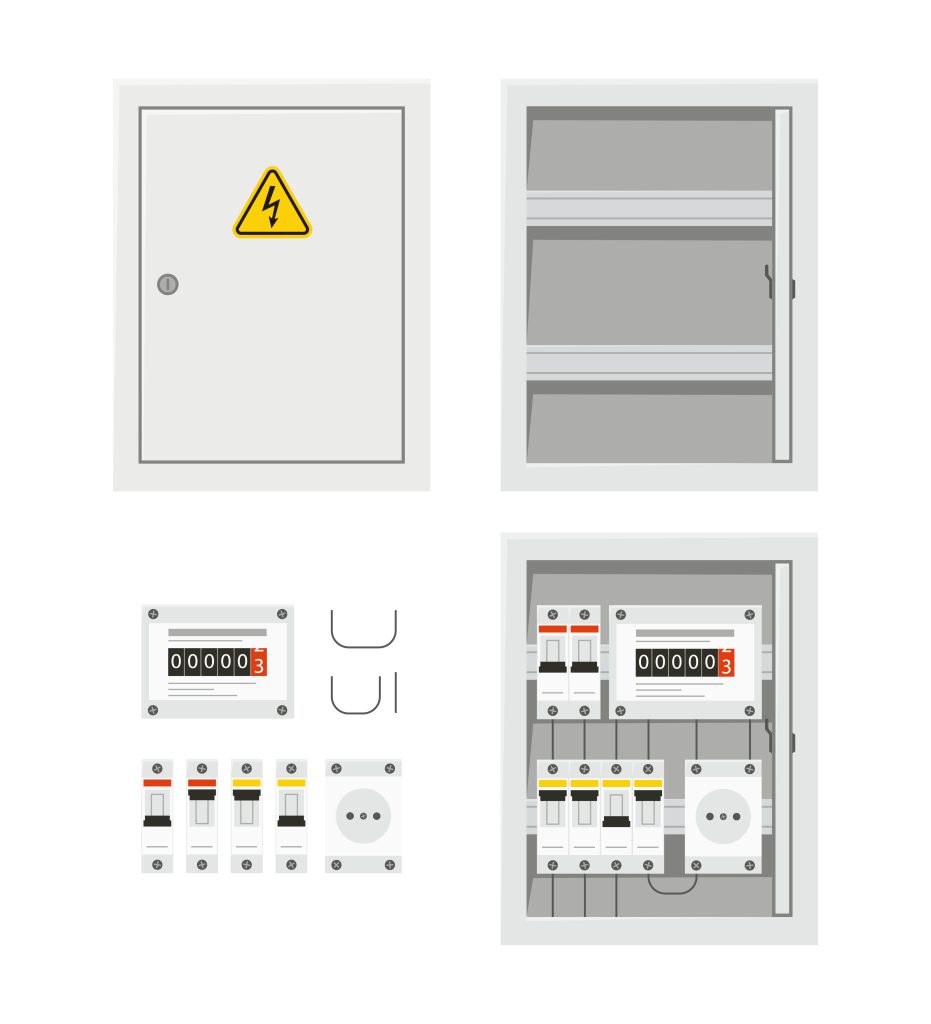
Electrical cabinets, also known as control cabinets, are designed to protect electrical equipment from environmental factors such as moisture, dust, and temperature fluctuations, which can cause damage or malfunction. They also provide secure housing for electrical components to prevent unauthorized access and ensure safety for personnel.
With the advent of Industry 4.0 and the increasing demand for automation and digitalization in the industry, electrical cabinets have become even more critical for the reliable and efficient operation of machines and systems. They can incorporate advanced features such as data acquisition, remote monitoring, and communication interfaces to enable intelligent control and real-time feedback. Electrical cabinets also play a crucial role in complying with industry standards and regulations for electrical safety and performance.
Wall-mounted, floor-standing, and free-standing electrical cabinets are the most common types of cabinets used in industrial applications. Wall-mounted cabinets are designed to be attached to walls or other vertical surfaces, making them ideal for applications where floor space is limited. Floor-standing cabinets are designed to stand on the floor and are suitable for applications where larger or heavier equipment needs to be housed. Free-standing cabinets are similar to floor-standing cabinets but can be placed anywhere in the facility and do not need to be attached to a wall or other structure.
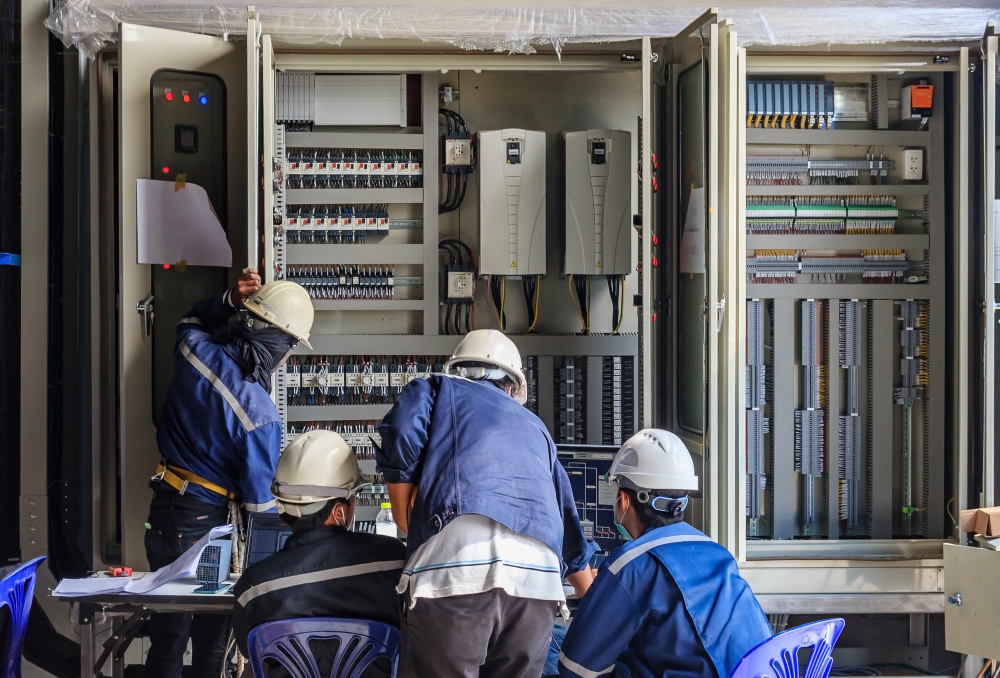
The materials used in electrical cabinet construction vary depending on the application and environmental conditions. Stainless steel is a popular choice due to its corrosion resistance, durability, and ability to withstand high temperatures. Aluminum is also commonly used due to its lightweight nature and ability to dissipate heat quickly. Other materials used include galvanized steel, fiberglass, and polycarbonate.
Electrical cabinets can also be finished with various coatings and treatments to protect against environmental factors and provide a clean appearance. Powder-coated finishes are popular due to their durability and ability to withstand harsh conditions. Epoxy coatings can provide additional protection against chemicals and moisture. Anodizing is also used on aluminum cabinets to protect against corrosion and provide a decorative finish.
In addition to the physical construction of the cabinets, accessories such as fans, filters, and cable glands can be added to ensure proper ventilation and cable management. Cabinets can also be outfitted with various levels of access control, such as locks or security systems, to prevent unauthorized access and ensure personnel safety.
Investing in high-quality electrical cabinets can offer numerous benefits to industrial operations.
One of the most significant advantages is improved safety. Electrical cabinets are designed to protect electrical equipment and wiring from environmental hazards, such as dust, moisture, and extreme temperatures, which can cause malfunctions and pose safety risks to personnel. Properly designed and installed electrical cabinets can prevent equipment damage and reduce the risk of electrical fires and other accidents.
Optimized space utilization is another advantage of investing in electrical cabinets. These cabinets are available in various sizes and configurations, allowing them to be customized to fit specific space requirements. Wall-mounted cabinets, for example, can be mounted in areas where floor space is limited while floor-standing and free-standing cabinets can be used to house larger equipment in a more compact and organized manner.
Reduced downtime is another benefit of investing in high-quality electrical cabinets. Cabinets that are designed and installed correctly can prevent equipment failures and malfunctions, reducing the need for costly repairs and downtime. Additionally, well-designed cabinets can provide easy access to electrical components, making maintenance and repair tasks more efficient and minimizing downtime.
Lastly, investing in high-quality electrical cabinets can enhance the overall protection of electrical systems against environmental hazards. Cabinets can be constructed with materials and finishes that provide increased resistance to moisture, dust, and other environmental factors. This protection can help prolong the life of electrical components and prevent equipment failure.
Choosing the right electrical cabinet for a specific application requires careful consideration of several factors. Here are some key points to keep in mind when selecting an electrical cabinet:
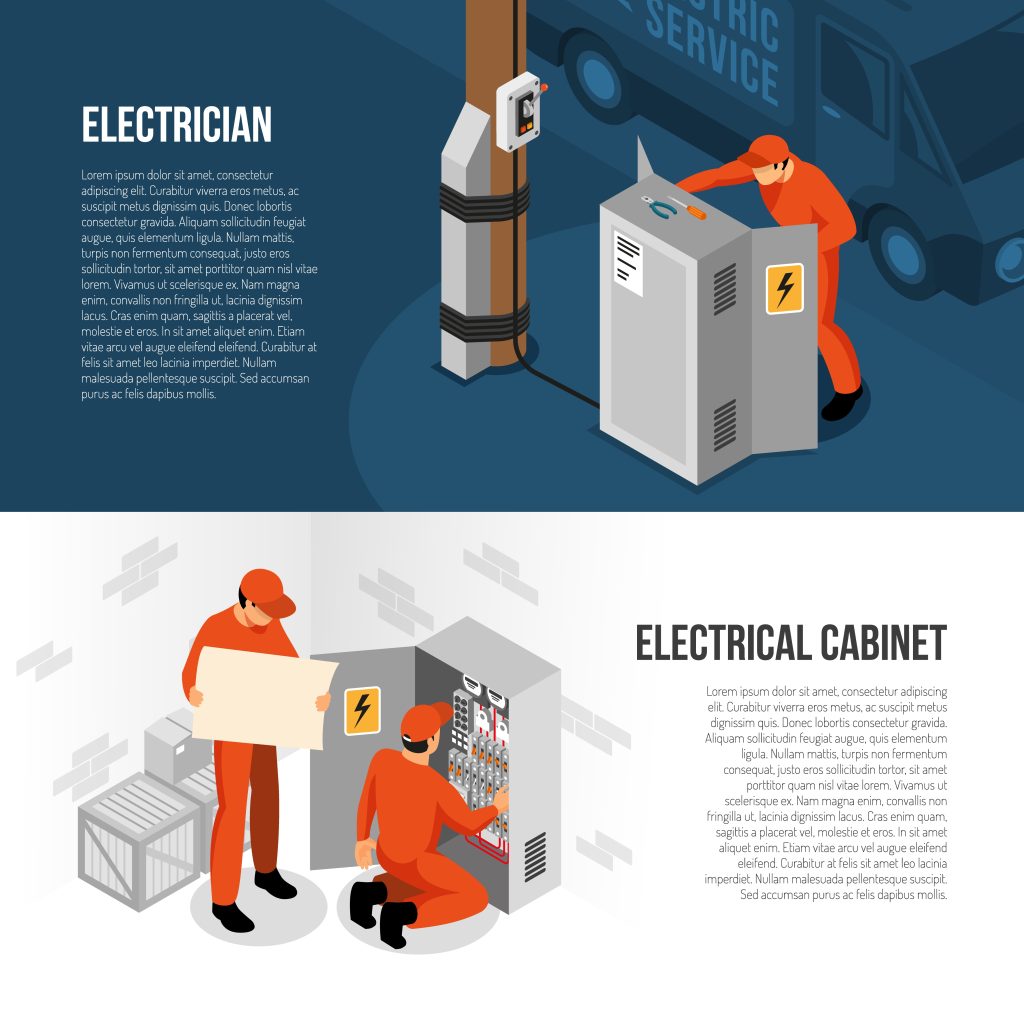
Size: Consider the size of the equipment that will be housed in the cabinet, as well as any future expansion needs. Choose a cabinet that provides enough space for the equipment while allowing for proper ventilation and cable management.
Environmental conditions: Consider the environmental conditions in which the cabinet will be installed, such as temperature, humidity, and exposure to dust or moisture. Choose a cabinet that is rated for the specific environmental conditions of the installation site.
Materials: Choose a cabinet constructed with materials that offer the necessary durability and resistance to environmental hazards. Stainless steel is a popular choice for its corrosion resistance, while aluminum is a lightweight option that dissipates heat quickly.
Ratings: Consider the necessary ratings for the cabinet, such as NEMA or IP ratings. These ratings indicate the level of protection against environmental hazards and can help ensure the cabinet is suitable for the specific application.
Accessories: Consider any necessary accessories, such as fans, filters, and cable glands, to ensure proper ventilation and cable management. Also, consider any necessary security features, such as locks or security systems, to prevent unauthorized access and ensure personnel safety.
Installation: Ensure proper installation of the cabinet by following the manufacturer’s instructions and any applicable standards and regulations. Proper installation is crucial for ensuring the safety and reliability of the electrical system.
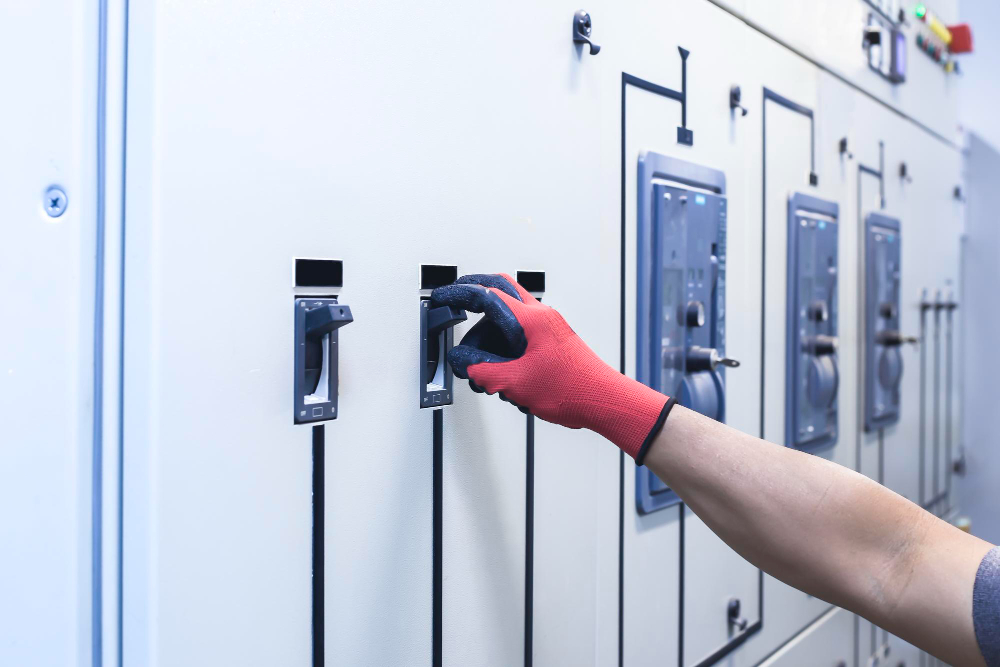
In industrial settings, electrical cabinets play a crucial role in safeguarding and organizing electrical components and wiring. By familiarizing themselves with the various types of electrical cabinets and the benefits they provide, companies can make informed decisions about investing in high-quality cabinets. This investment can help ensure the safety and reliability of their operations, promoting efficiency and productivity.
ZONZEN is a company that specializes in providing lock solutions for cabinets, including electrical cabinets locks. Their lock solutions are designed to enhance the security of the cabinets, preventing unauthorized access and ensuring the safety of personnel and equipment. ZONZEN offers a range of locking options, including key locks, combination locks, and digital locks, to suit different needs and applications. With their focus on providing reliable and effective lock solutions, ZONZEN is a trusted choice for industrial companies looking to enhance the security of their cabinets.
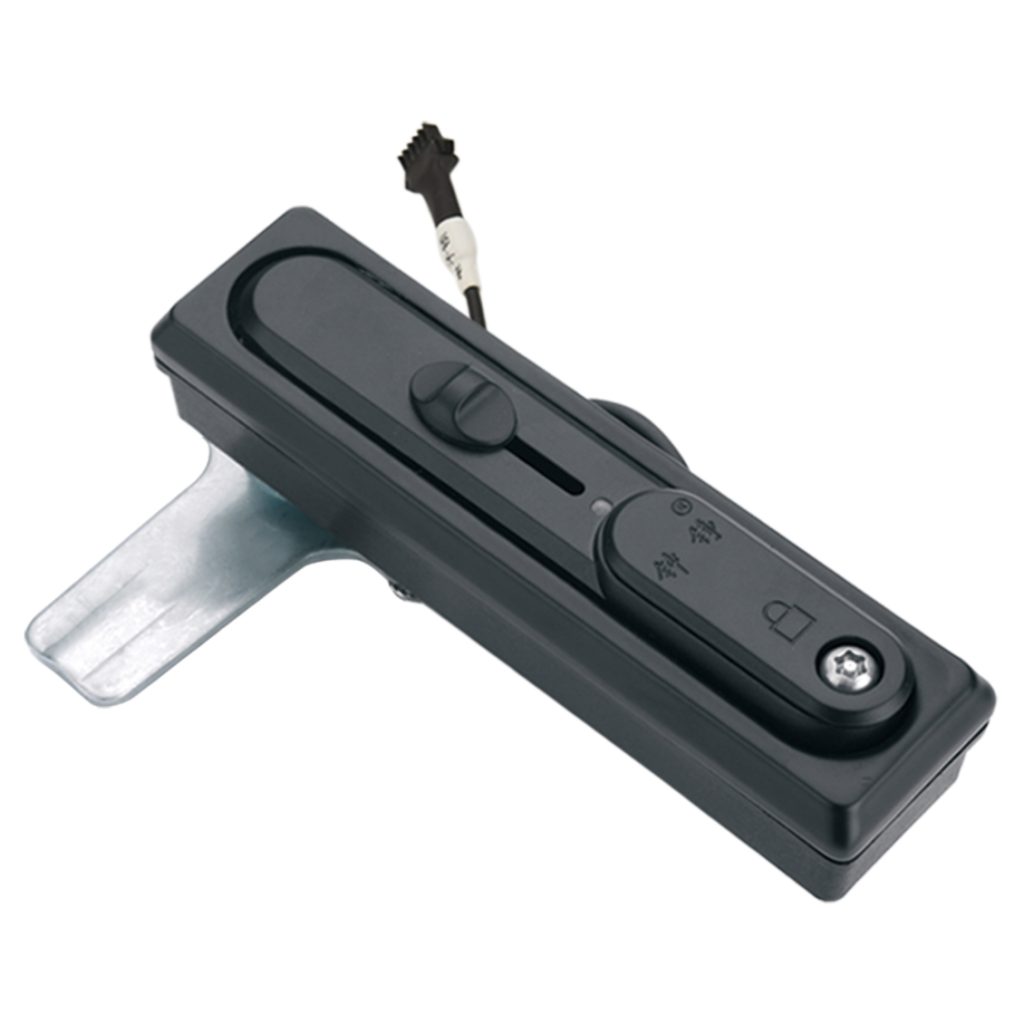
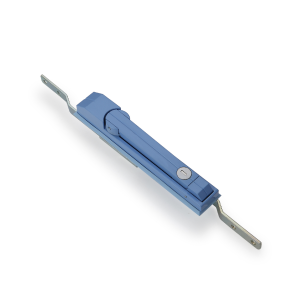
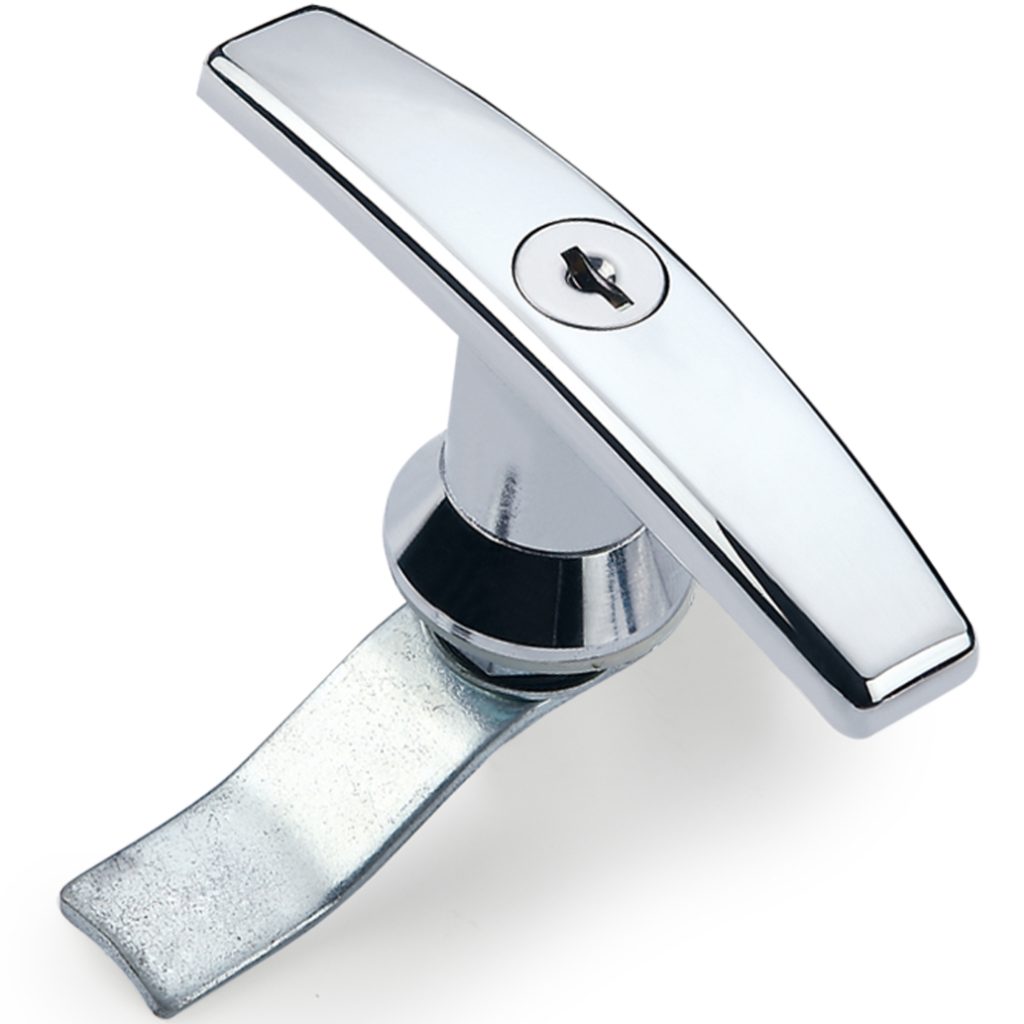
Our Customer service is unsurpassed. We have well trained customer service representatives that are ready to help you with your next project be it large or small.
Our R&D team keeps developing new items for customers all over the world to ensure that we keep the flow of new hot selling point. If you have any questions or suggestions, please do not hesitate to contact us for further assistance.